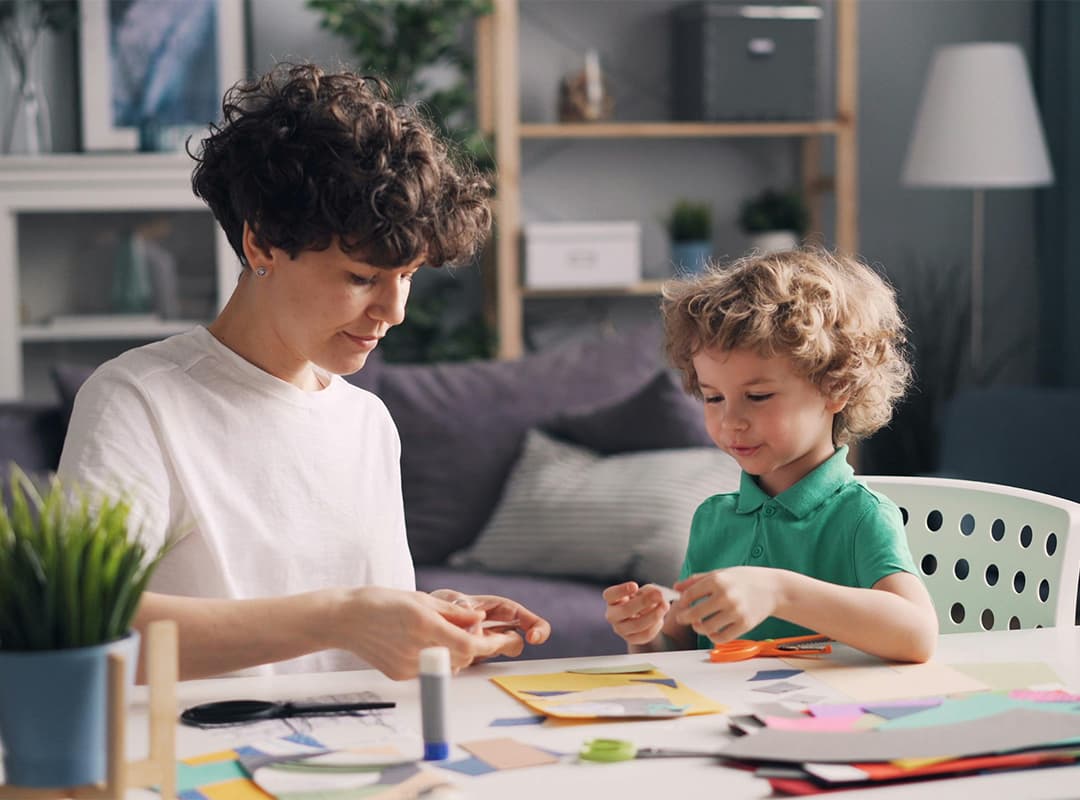Working with children is a profoundly impactful and rewarding endeavor that requires a unique blend of skills, patience, and empathy. Whether you are a teacher, caregiver, nanny, or coach, working with children involves understanding their developmental needs, creating supportive environments, and fostering growth through various activities and interactions. This profession is not only about providing care but also about shaping young minds and supporting their journey through the crucial stages of their development. Here’s a closer look at what it truly means to work with children and the multifaceted role it entails.
1. Understanding Developmental Stages
One of the fundamental aspects of working with children is having a thorough understanding of their developmental stages. Each child grows and develops at their own pace, and professionals in this field need to be well-versed in the physical, emotional, and cognitive milestones that characterize different age groups. This knowledge helps in designing age-appropriate activities, setting realistic expectations, and providing support that aligns with each child’s developmental needs. For instance, when engaging children in physical activities, such as those offered at a Big Air Gym, understanding their motor skills and physical capabilities ensures that activities are both safe and beneficial.
2. Creating a Nurturing Environment
Creating a nurturing and supportive environment is essential when working with children. This involves fostering a space where children feel safe, valued, and encouraged to express themselves. A positive environment promotes emotional well-being and helps children build confidence and self-esteem. Whether it’s in a classroom, a daycare setting, or during extracurricular activities, creating such an environment involves establishing clear boundaries, providing positive reinforcement, and being attentive to each child’s needs and emotions.
3. Encouraging Social and Emotional Growth
Working with children involves more than just addressing their physical needs; it also includes supporting their social and emotional development. Professionals help children learn to navigate relationships, manage their emotions, and develop empathy and resilience. Through guided interactions, role-playing scenarios, and group activities, such as team-based games at places like the Big Air Gym, children can practice social skills and learn to work cooperatively with others.
4. Facilitating Learning and Exploration
A significant part of working with children is facilitating their learning and exploration. This involves creating opportunities for children to discover new concepts, try new activities, and engage in hands-on experiences. Whether through structured lessons, creative projects, or exploratory play, professionals help children build knowledge and skills while fostering a love of learning. This approach encourages curiosity and critical thinking, which are essential for lifelong learning and personal growth.
5. Building Strong Relationships
Building strong, trusting relationships with children is at the heart of effective caregiving and education. Developing these relationships involves being attentive, empathetic, and consistently supportive. Children need to feel that they can rely on the adults in their lives for guidance and support. Strong relationships also create a foundation for effective communication and collaboration, allowing professionals to better understand and address each child’s unique needs and preferences.
6. Managing Behavioral Challenges
Working with children often involves managing a range of behavioral challenges. This requires patience, understanding, and effective strategies for guiding behavior. Professionals need to be skilled in setting clear expectations, using positive discipline techniques, and helping children develop self-regulation skills. By addressing behavioral issues constructively and supporting children in developing coping strategies, professionals contribute to a positive and productive environment.
7. Supporting Individual Needs
Every child is unique, and professionals working with children must be prepared to support individual needs and differences. This may involve adapting teaching methods, providing additional resources, or offering personalized encouragement. Understanding and respecting each child’s individuality ensures that all children receive the support they need to thrive and succeed.
8. Collaborating with Families
Collaboration with families is an integral part of working with children. Professionals need to communicate effectively with parents and caregivers to ensure that they are aligned in their approaches to supporting the child’s development. Regular updates, open dialogue, and involving families in decision-making processes help create a cohesive support system for the child. Engaging families in activities and setting shared goals can enhance the overall impact of the work being done with the child.
9. Staying Informed and Educated
The field of child development and education is continuously evolving, and professionals need to stay informed about the latest research, techniques, and best practices. Ongoing education and professional development are crucial for maintaining effective practices and providing the highest quality of care and support. Staying current with new developments ensures that professionals can adapt to changes and continue to meet the needs of the children they work with.
- 10. Embracing the Joys and Challenges
Working with children is both joyful and challenging. The rewards include witnessing children’s growth, celebrating their achievements, and building meaningful connections. However, it also requires navigating the complexities of childhood development, managing diverse needs, and responding to various challenges. Embracing both the joys and the challenges is part of what makes working with children a fulfilling and impactful career.
Working with children is a multifaceted role that involves understanding developmental stages, creating supportive environments, encouraging growth, and building strong relationships. It requires a commitment to facilitating learning, managing behavior, and supporting individual needs while collaborating with families. Engaging in activities that promote development, such as those offered at the Big Air Gym, can enhance children’s physical and social skills. Ultimately, working with children is about making a positive difference in their lives, fostering their growth, and contributing to their journey toward becoming well-rounded individuals.
